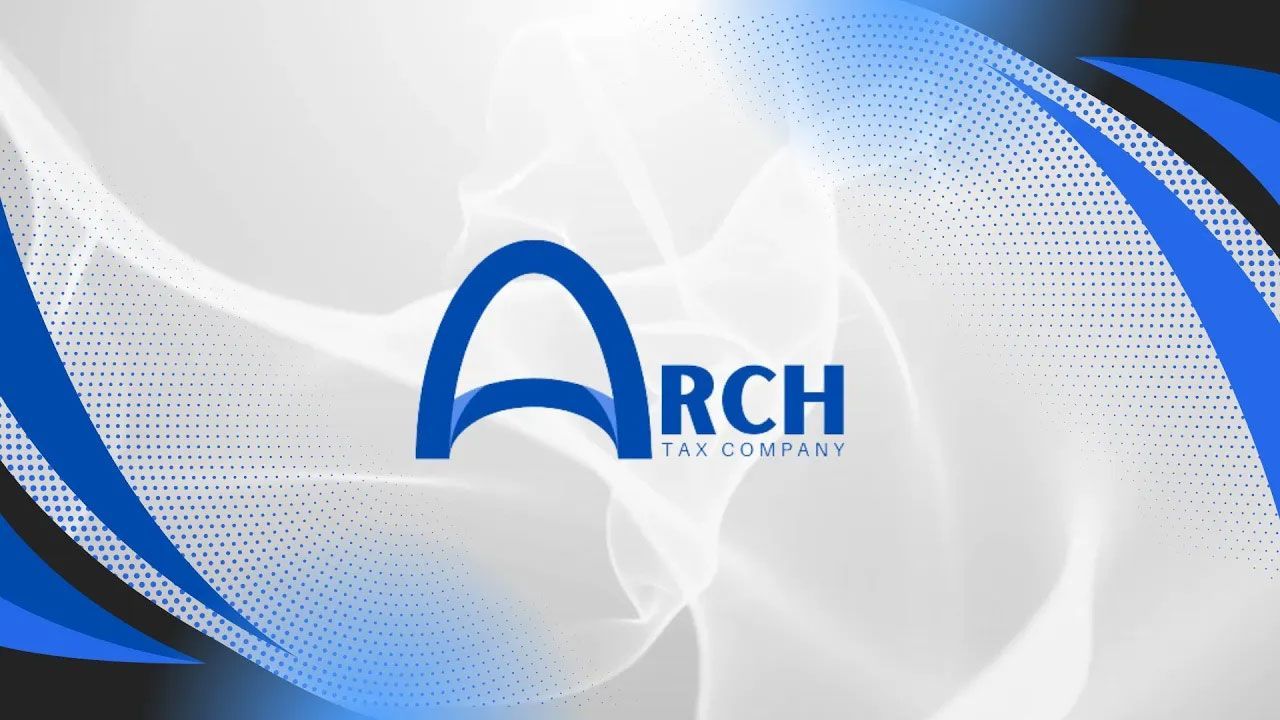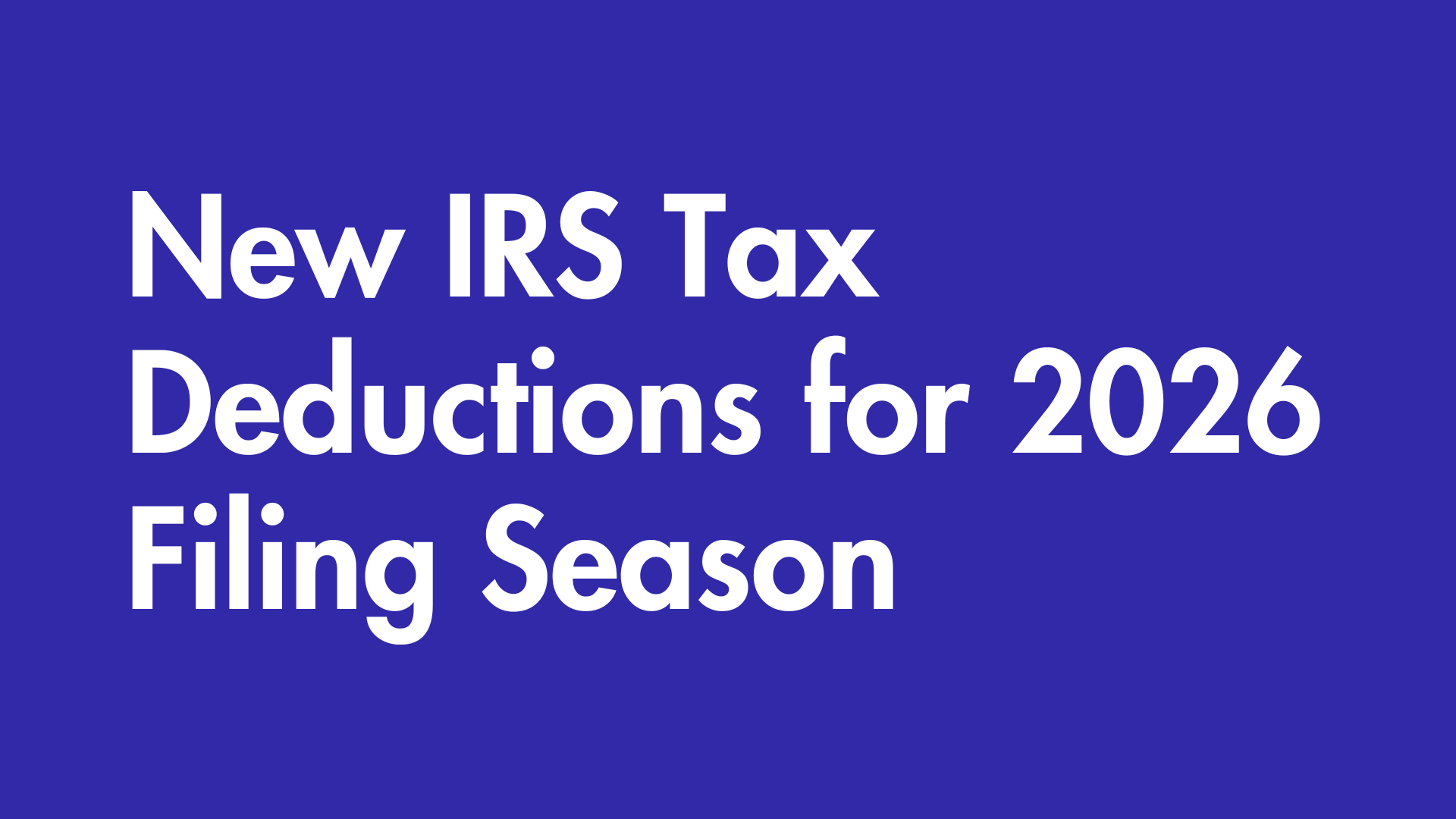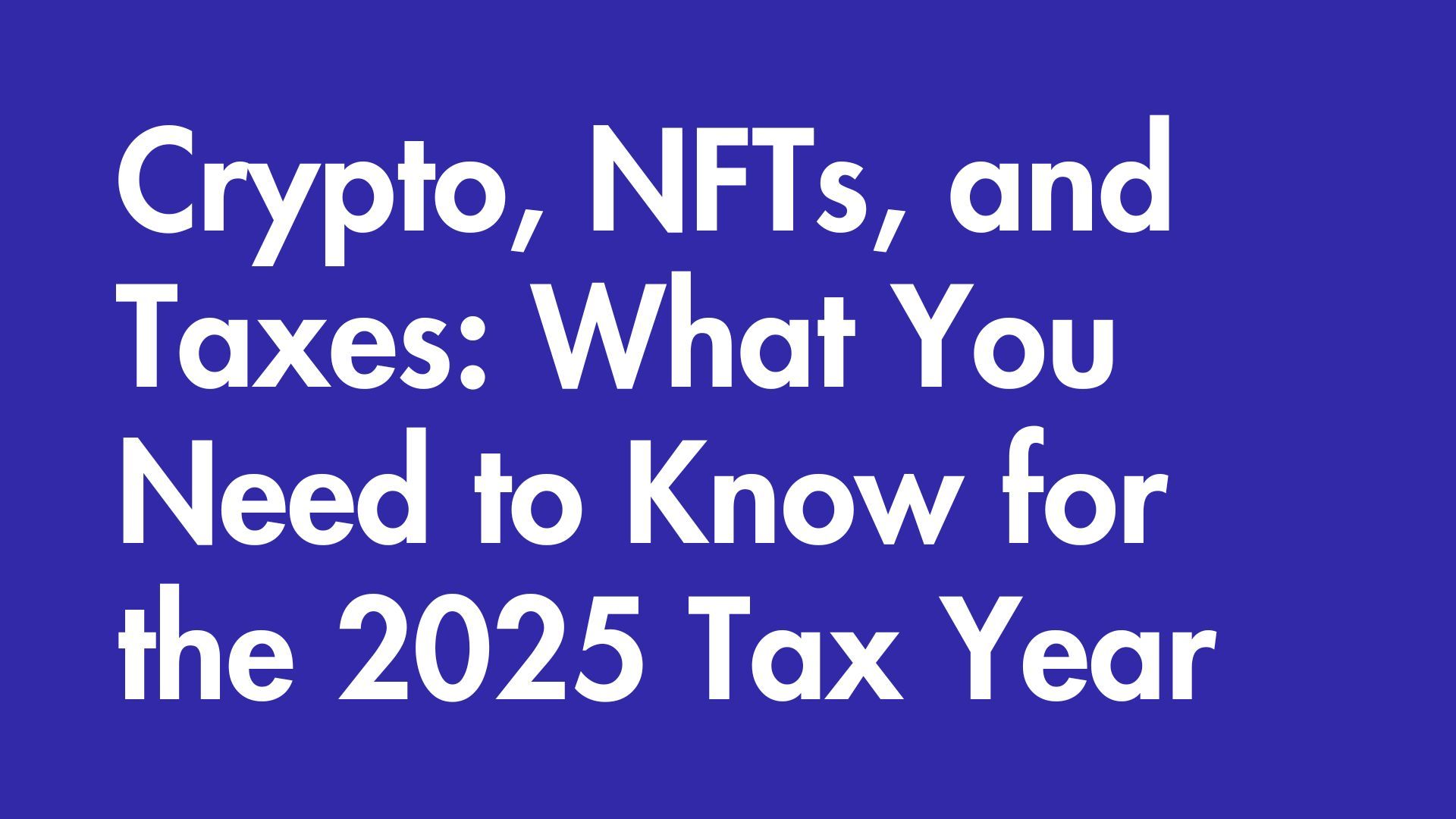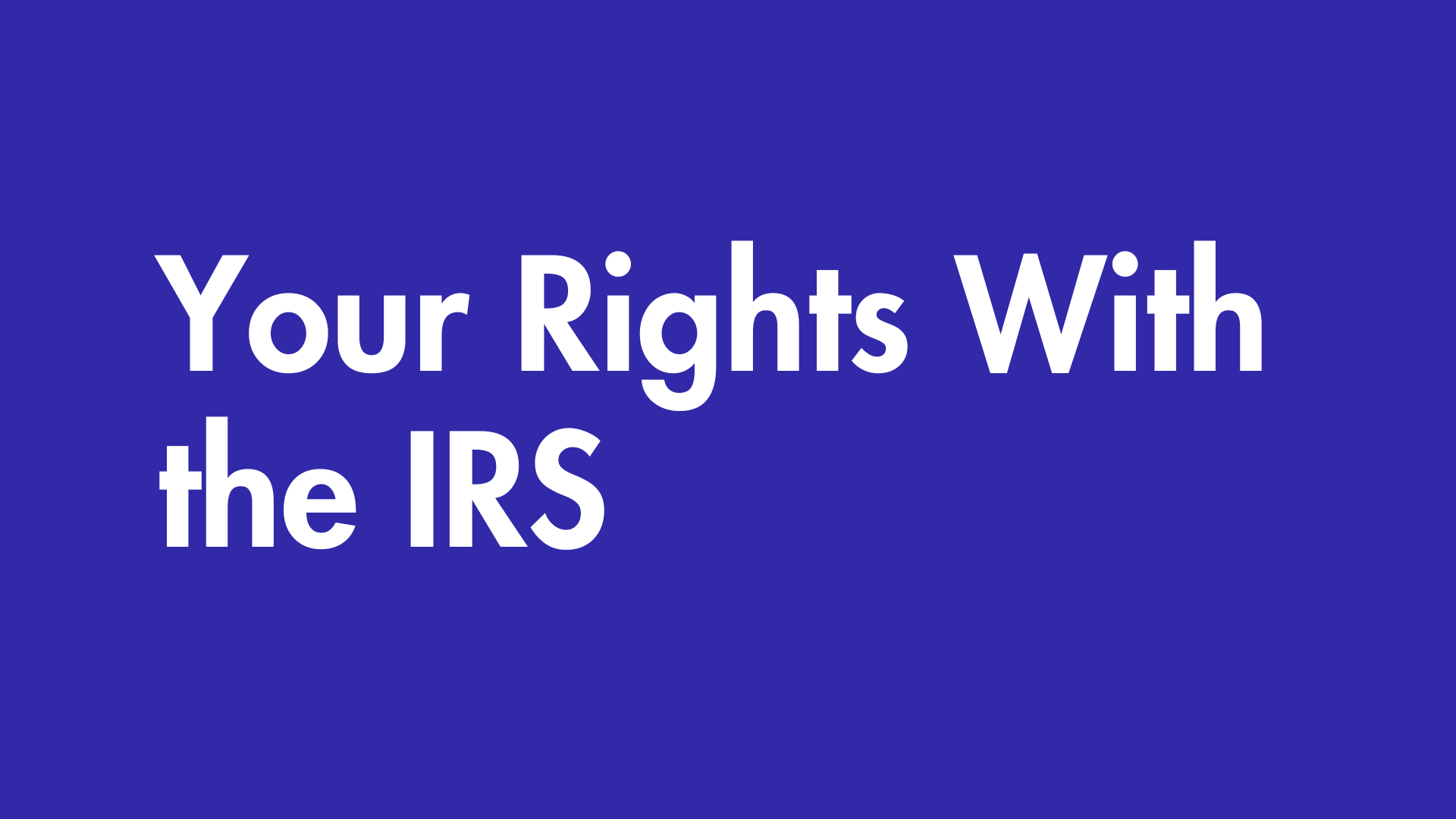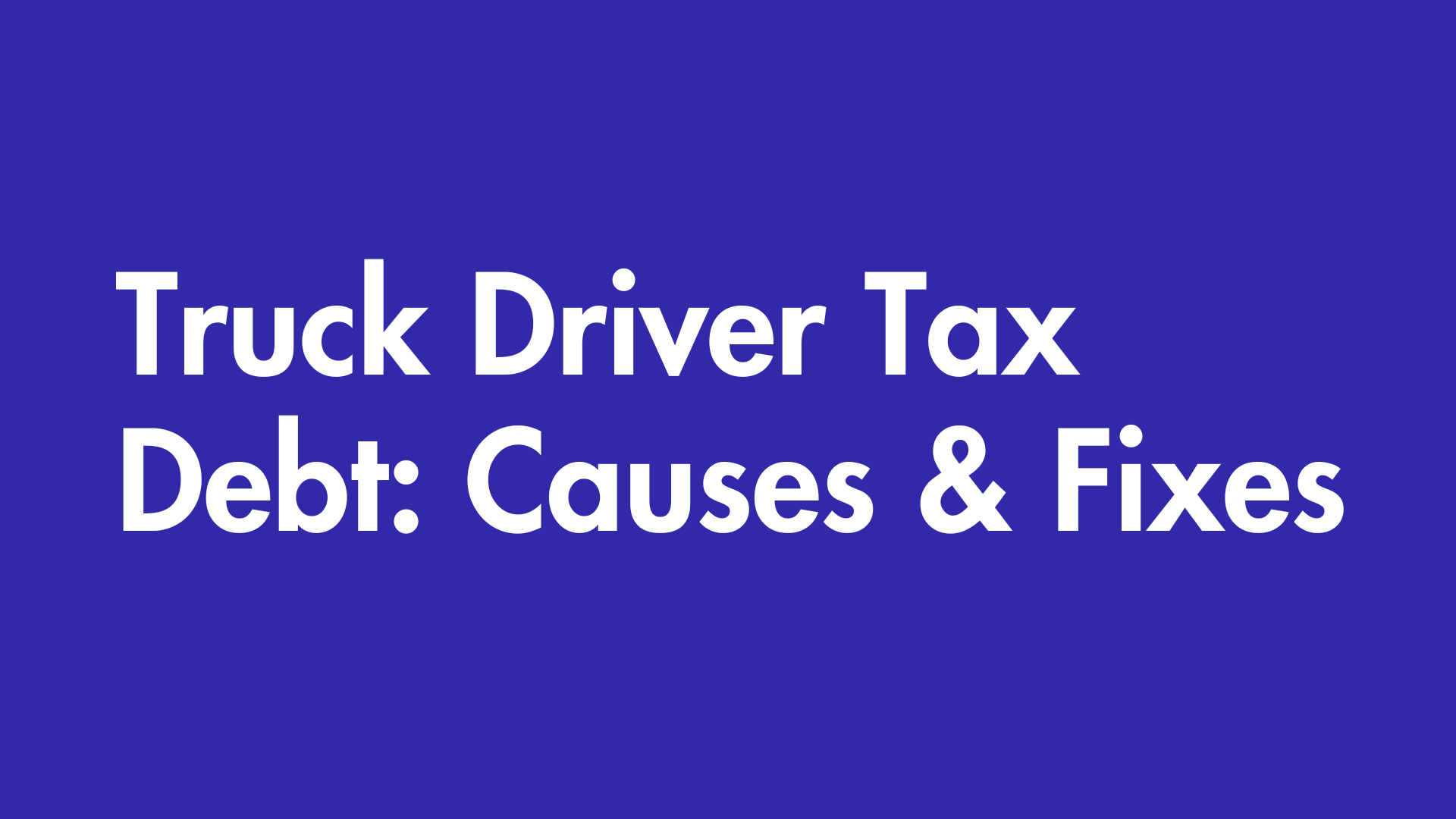Tax Tip: Donating After a Disaster
Disasters can strike anytime and anywhere. Hurricanes, wildfires, floods, earthquakes—you name it. In the aftermath, many people want to help. One of the quickest and most effective ways to provide support is by donating money to a reputable charity.
But here’s the problem: scammers know this too. They often set up fake charities or pretend to be government agencies to take advantage of both disaster survivors and generous people trying to help.
So how can you protect yourself and make sure your donations really reach those in need?
What to Do Before You Donate
- Verify the Charity
Use the IRS Tax Exempt Organization Search tool to make sure the organization is legitimate. Donations to qualified charities may be tax deductible. - Watch the Payment Method
Legitimate charities will not ask for donations via gift cards, wire transfers, or cash. Stick with checks or secure online payments. - Get a Receipt
Always ask for and keep a receipt for your donation. This not only protects you but is also necessary if you plan to claim the deduction on your tax return. - Double-Check Your Bank Statement
Review your statements to make sure the correct amount was charged and no extra transactions slipped in.
Red Flags of a Scam
- They claim to work for the IRS or another government agency (the IRS never asks for donations).
- They pose as a charity representative but push for personal or financial information.
- Their caller ID looks legitimate, but the organization isn’t.
- They use vague, emotional appeals but can’t explain how your donation will be used.
- They set up bogus websites with names similar to real charities.
- They falsely claim your donation is tax deductible when it isn’t.
For Disaster Survivors
If you’ve been directly affected by a disaster, you may be entitled to tax relief. You can call the IRS disaster assistance line at 866-562-5227 for questions about disaster-related tax issues.
Donating after a disaster is one of the best ways to support those in need. Just make sure your money goes to the right place. If you ever suspect fraud, report it to the Federal Trade Commission (FTC).
At Arch Tax, we help our clients navigate tax questions like this every day. Whether it’s making sure your donations are deductible or understanding tax relief after a disaster, we’re here to help.
Schedule a free consultation today.

